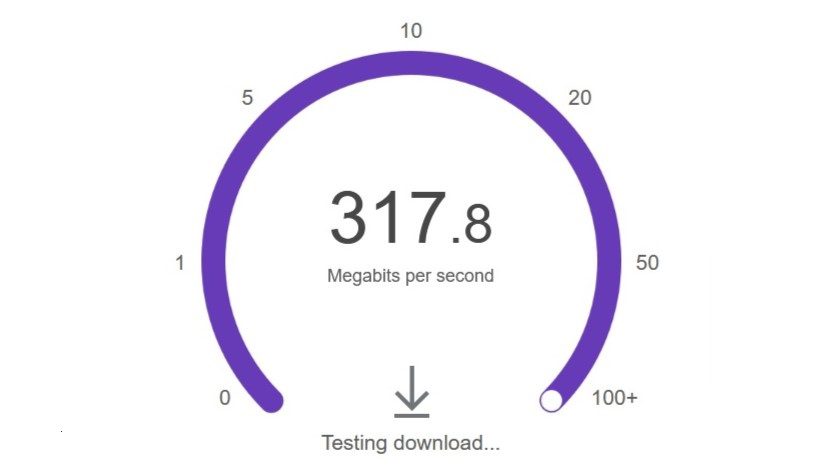Sixth Circuit Court of Appeals Strikes Down FCC’s Title II Order
Randy Sukow
|

A three-judge panel of the U.S. Court of Appeals for the Sixth Circuit in Cincinnati got the year started by setting aside an April 2024 order reclassifying internet service under Title II. The order blocks the Commission from enforcing a wide range of telecommunications regulations on Internet providers, which the Commission and courts traditionally classified as lightly regulated Title I information services in the past.
“I am pleased that the appellate court invalidated President Biden’s Internet power grab by striking down these unlawful Title II regulations,” incoming FCC Chairman Brendan Carr said in conclusion to a long statement praising the decision. “But the work to unwind the Biden Administration’s regulatory
overreach will continue. I welcome the chance to advance a policy agenda that will deliver great results for the American people.”
Current FCC Chairwoman Jessica Rosenworcel, a Title II advocate, called on Congress to legislate a “net neutrality” provision into the Communications Act. “Consumers across the country have told us again and again that they want an internet that is fast, open, and fair,” she said.
But the Sixth Circuit’s unanimous Jan. 2 opinion could be last word on a decades-long debate which has seen the FCC twice adopt Title II reclassification for brief periods before having it voided, the first time when a Trump-appointed FCC repealed an order by an Obama-appointed FCC. With Carr, an opponent of both Title II orders, taking over at the FCC, it is unlikely that the Commission will ask the full Sixth Circuit or the Supreme Court to review the decision.
The Sixth Circuit opinion noted that the Court of Appeals for the DC Circuit approved reclassification nine years ago with the Commission relying on Chevron deference as the expert agency on the topic. “We no longer afford deference to the FCC’s reading of the statute,” the court said, citing the Supreme Court’s June 2024 ruling in Loper Bright v. Raimondo. “Instead, our task is to determine ‘the best reading of the statute’ in the first instance.”
During oral arguments in the case, attorneys for USTelecom – The Broadband Association, CTIA – The Wireless Association and other organizations opposing the Title II order on behalf of ISPs argued that the issue amounted to a “major question,” and that the FCC lacked authority to reclassify without clear Congressional guidance. But the major questions doctrine did not factor into the final decision.
“Given our conclusion that the FCC’s reading is inconsistent with the plain language of the Communications Act, we see no need to address whether the major questions doctrine also bars the FCC’s action here,” wrote Judge Richard Allen Griffin, author of the opinion.
“Today’s ruling confirming that broadband internet access is an ‘information service’ is not only the proper reading of the statute but a victory for American consumers that will lead to more investment, innovation, and competition in the dynamic digital marketplace,” said the many petitioners in the case in a joint statement.
“Since the birth of the internet, bipartisan administrations and policymakers have recognized the virtues of a light-touch approach to broadband regulation. Today’s ruling will cement the United States’ position as the world’s most advanced digital marketplace,” the petitioners continued.
From a rural perspective, Mike Romano, executive VP of NTCA –The Rural Broadband Association, said that the FCC in wake of the Sixth Circuit decision should focus on policies that “account for an online ecosystem where consumers’ experiences are affected by not only retail broadband providers but also by content and edge providers and other parties. We hope that today’s decision will allow for a refocused conversation about effective ways to achieve national goals with respect to broadband access.”
Andrew Jay Schwartzman of the Benton Institute for Broadband and Society told The Washinton Post that removal of Title II regulation could block the FCC’s ability to adopt cybersecurity regulations. “This is bad for consumers, for businesses that rely on the internet, and for protecting broadband networks from intrusions by nation states,” he said.


